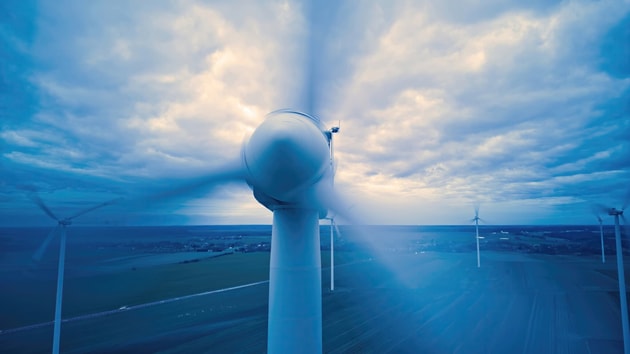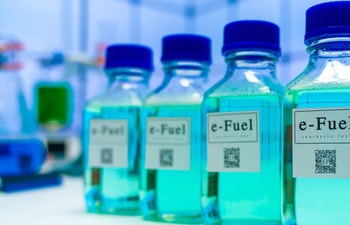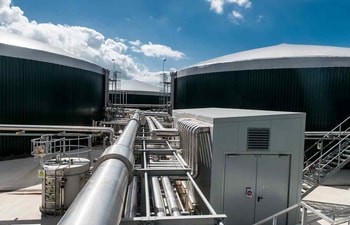Questions are being asked of what many describe as a decelerating e-fuels market, after Ørsted today announced it is scrapping the development of its FlagshipONE e-fuels project in Sweden.
The company said it will instead focus its efforts on renewable hydrogen.
The FlagshipONE project, planned for Örnsköldsvik in Sweden, was expected to start operations next year (2025) – two years after achieving FID – and produce up to 55,000 tonnes of e-methanol annually for shipping by combining renewable hydrogen and captured carbon dioxide (CO2).
The company had previously been all-in on e-fuels, having cited e-methanol as the best solution available to decarbonise hard-to-electrify sectors like global shipping.
In a U-turn that seemed to take the market by surprise, however, Ørsted Group President and CEO Mads Nipper said the liquid e-fuels market in Europe is ‘developing slower than expected’. The company has promptly pulled the plug on the FlagshipONE project as a result.
E-fuels’ essential role
The production of synthetic e-fuels from steam and CO2 on solid oxide electrolysers (SOEs) has been described as having the potential to become a ‘mega-scale consumer’ of CO2.
Similarly, the electrochemical conversion of CO2 can yield polymers and plastics.
CO2 View understands these emerging applications have ‘realistic’ prospects of becoming major CO2 consumers and in each case, renewable electricity and SOE combine to play a role in displacing crude oil or other fossil fuels in the respective value chains.
A December 2023 report from the International Energy Agency (IEA), titled The Role of E-fuels in Decarbonising Transport, underlined the emphasis placed on e-fuels and explained how e-fuels could be ‘a viable pathway’ and scale up quickly by 2030 – underpinned by ‘a massive expansion of cheaper renewable electricity’ and anticipated cost reductions of electrolysers.
The report noted how the rapid deployment of low-emission fuels during this decade will be crucial to accelerate the decarbonisation of the transport sector.
A subsequent report from Global Market Insights (GMI), in April 2024, valued the global e-fuels market at $6.2bn in 2023 and projected growth at a CAGR of more than 32% in the period from 2024-2032.
The study cited increasing environmental concerns, stringent regulations on carbon emissions, and advances in renewable energy technologies as driving growth over the next eight years.






